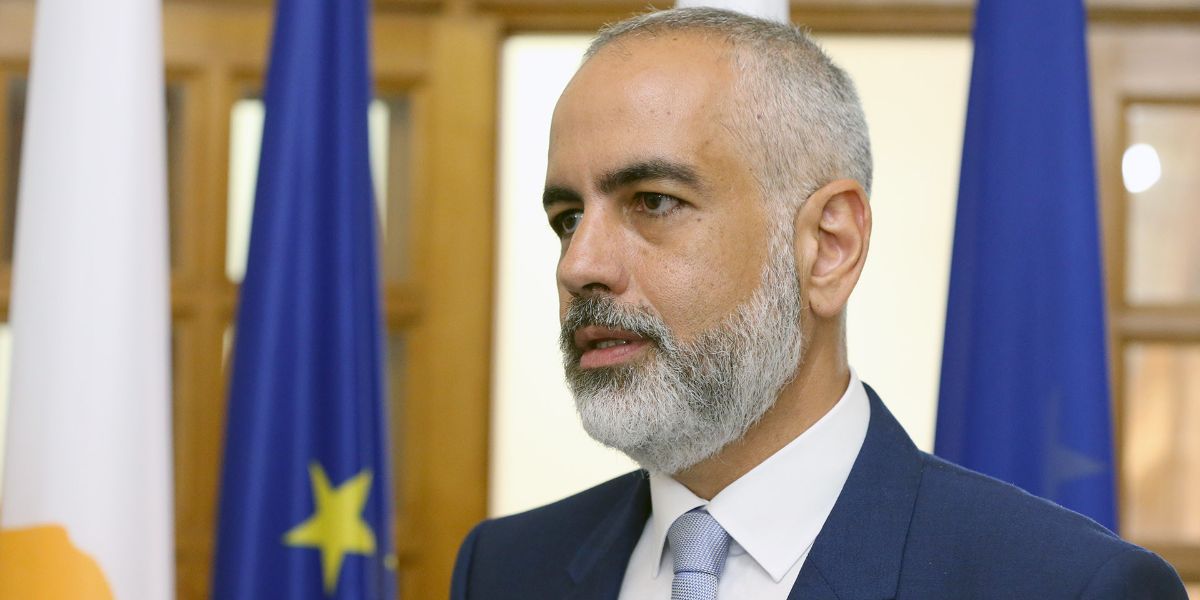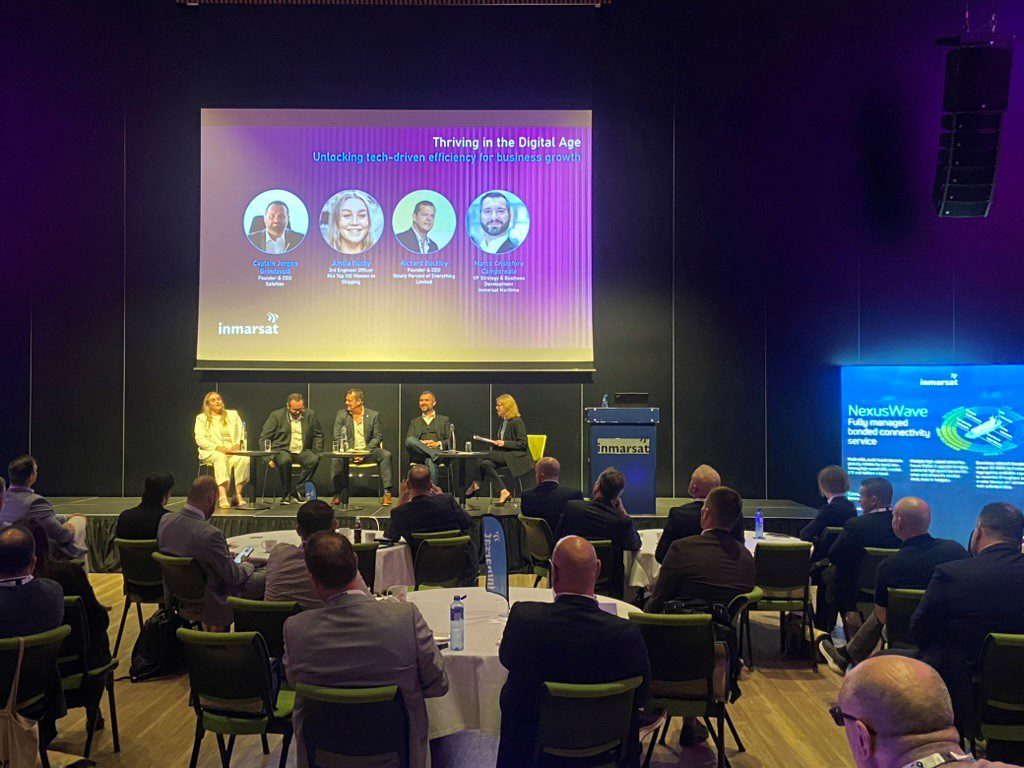Press Release – A new report by the European Maritime Safety Agency (EMSA), titled the “European Maritime Transport Environmental Report,” or EMTER, outlines, for the first time, the full extent to which the EU maritime transport sector impacts the environment. It also highlights the potential challenges these impacts represent to global sustainability efforts. In a panel discussion at EMSA’s report launch, Vassilios Demetriades, Cyprus Deputy Shipping Minister commented on its findings, providing input into what the potential solutions to these challenges may be.
The report states that in 2018, emissions from the maritime transport sector made up 13.5% of the EU’s total transport greenhouse gas emissions; well behind road transport (71%) and slightly behind aviation (14.4%). Over one third of this came from container ships. With approximately 40% of the EU population living within 50km of the coast, air pollution resulting from shipping emissions has become of particular concern. The effects of noise pollution, invasive species, oil spills, and marine litter (including lost containers) have also come to the fore. With climate change realities such as rising sea levels – and the new permanent shipping lanes that may result – policymakers face some tough current and future challenges.
At an event launching the EMTER, which took place on Wednesday, 1 September 2021, it was stressed that the commercial benefits of decarbonisation were clear, and that now was the time to navigate towards a stronger and more sustainable future for shipping. Mr Demetriades, contributing from the perspective of maritime administrations, was joined in a panel discussion by Dr Nuno Sanchez Lacasta, President of the Portuguese Environment Agency; Mr Claes Berglund, President of ECSA; Mr Henk Prins, Chair of the Waterborne Technology Platform; and Dr Monica Verbeek, Executive Director of Seas at Risk.
Asked about his thoughts on innovative decarbonisation initiatives within shipping over the last five years within the context of concepts such as low-carbon, biodiversity and a circular economy, Demetriades said: “We’ve clearly seen a higher level of ambition from the EU over the last few years to ensure that the sector is cleaner and greener. Of course, from our perspective, it’s not a matter of comparing the ambition of international bodies, or the European Union – it’s about being constructive, collaborative, and ready to contribute to the sustainable future of the sector.
“Efforts by the EU today could form the basis of global solutions of the future. Shipping is global – so we need to produce legislative initiatives which serve our objectives, but which are also adjustable and scalable on a global level. There is a thin line between being inviting and non-confrontational, and becoming isolated within the global framework. We need to lead by example, but also be ready to listen, identify the needs of other regions, and provide assistance where needed. EMSA could play a key role here.”
Commenting on his experience of driving change within shipping, Demetriades emphasised that the sector requires a basket of measures to decarbonise. “It’s not about forcing the industry to pay, it’s about encouraging the industry to embrace change,” he said, going on to highlight the Cyprus Shipping Deputy Ministry’s recent launch of a new range of green incentives – one of which is a tonnage tax reduction scheme. This scheme reduces annual tonnage tax by up to 30% for those vessels that demonstrate proactive measures to reduce their environmental impact.
Next month at the bi-annual Maritime Cyprus conference, the Cyprus Shipping Deputy Ministry (SDM) plans to launch a new strategic vision for shipping: S.E.A. Change 2030. Standing for ‘Sustainability. Extrovert. Adaptability’, the strategy feeds into Cyprus’ vision of a shipping sector that emulates each of these three elements, and will comprise a series of concrete sustainable actions, to be executed within a specific time frame to meet greening goals.
Demetriades stressed the need for the leaders of the shipping community to work collectively to communicate the right messages to the greater global sector. “The Cyprus Shipping Deputy Ministry is working to produce policies in which green approaches have been more comprehensively incorporated,” he explained. “We are poised and ready to work constructively to formulate the right legislative initiatives in Europe, inviting other regions to collaborate for the greater good of our global shipping industry. Afterall, climate change knows no borders.”
Watch the full panel discussion here: https://www.youtube.com/watch?v=DhCTmw7F9EA

 Join The Club
Join The Club











